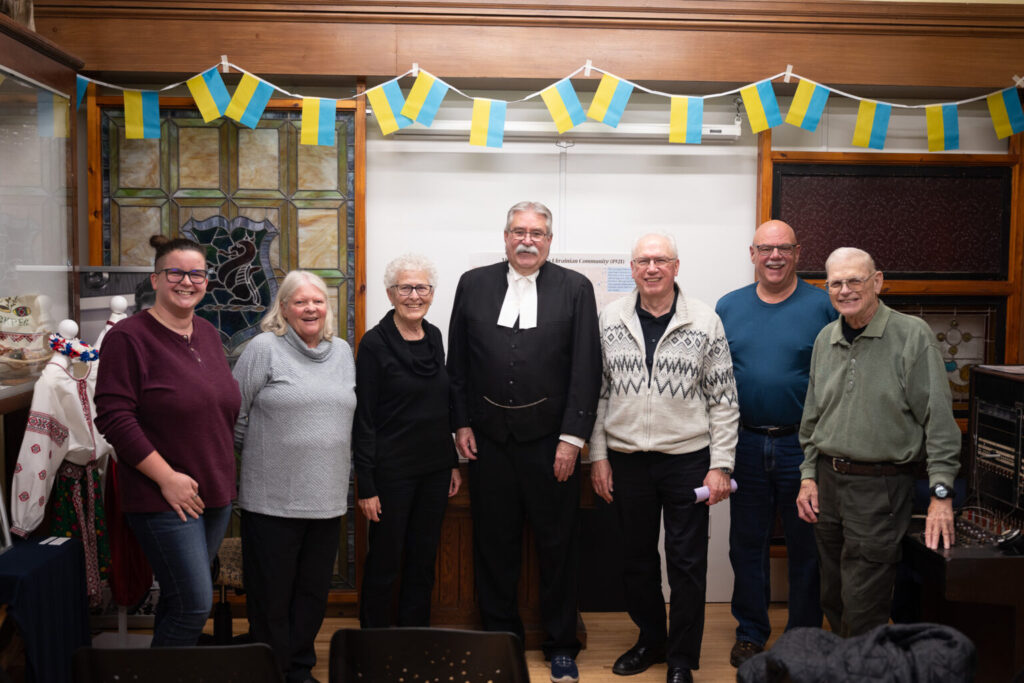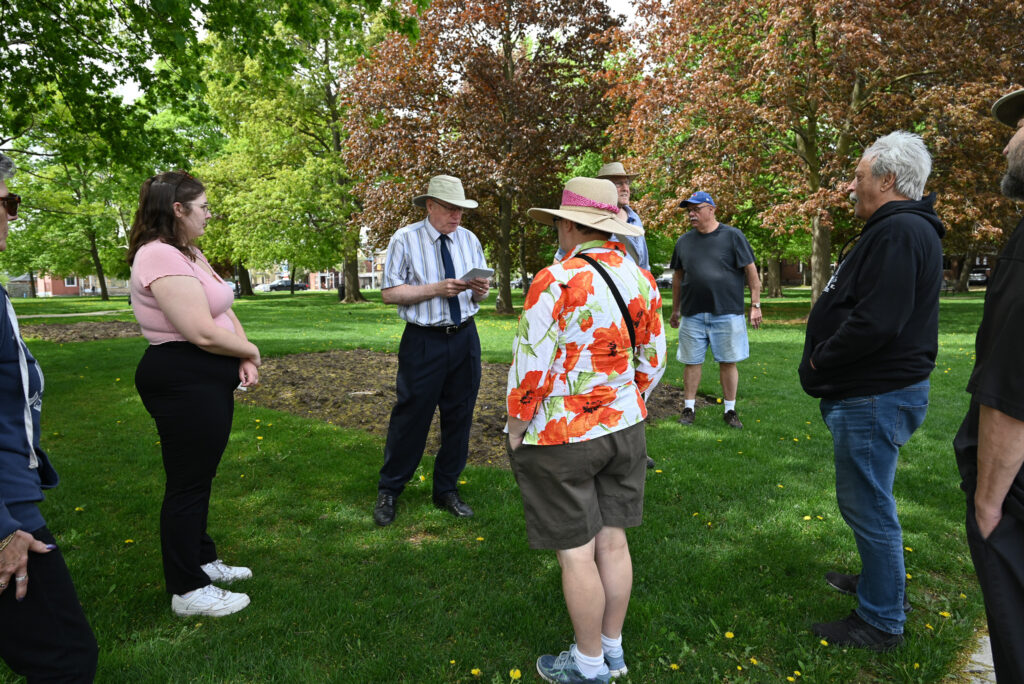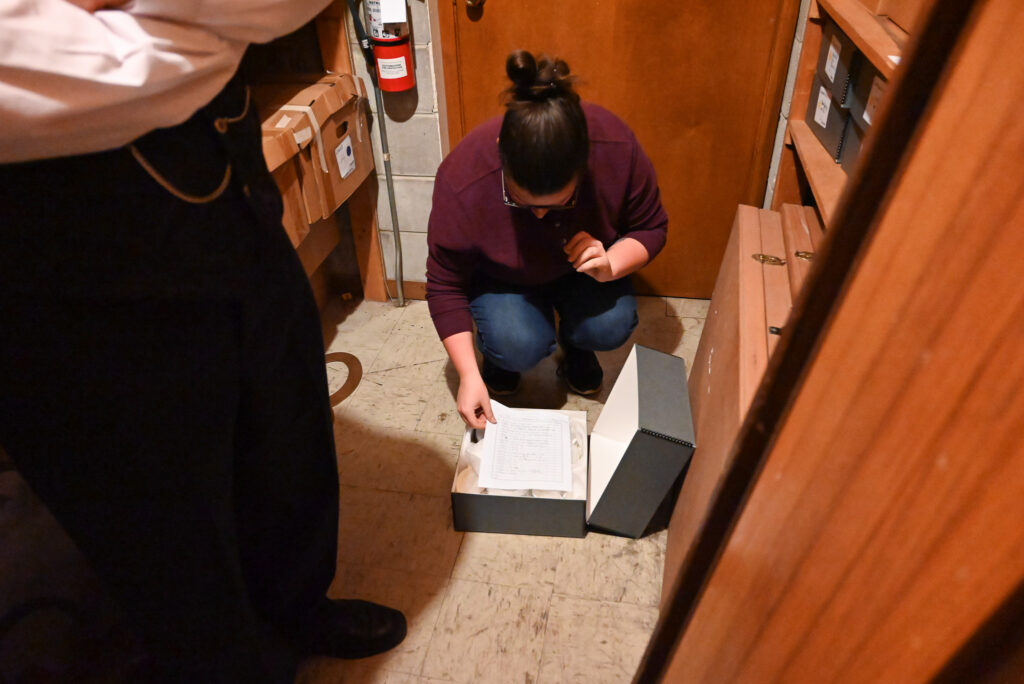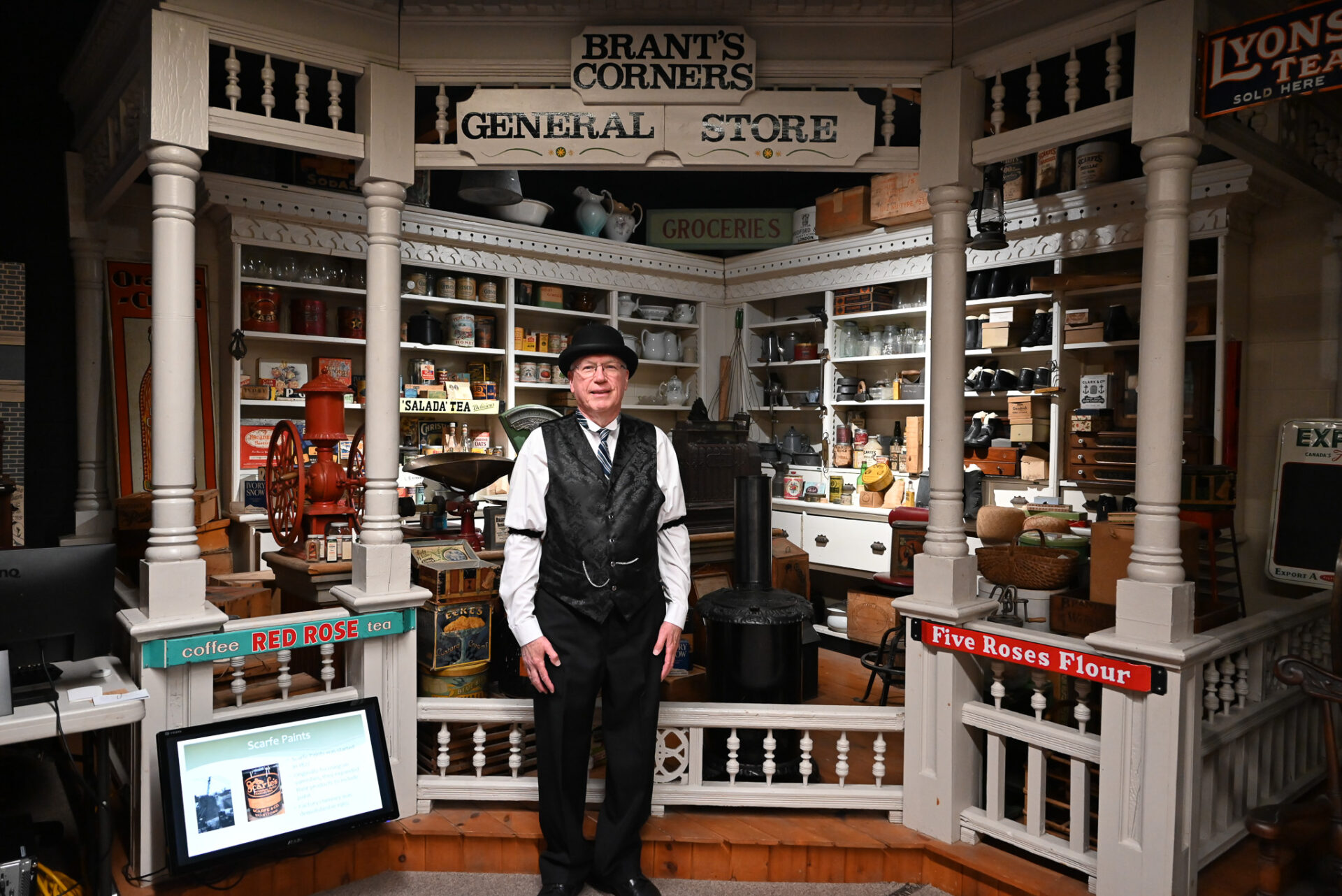The Brant Historical Society was first organized on Monday, May 11, 1908 when 15 individuals gathered in the Conservatory of Music on Nelson Street in Brantford.
The aim then was to encourage the collection and preservation of historic records and relics of great local value, and to inspire and interest in history and literature, as well as to strengthen loyalty and patriotism.
Nearly 116 years later, the society is made up of around 88 members and “the main goal of the historical society is to preserve the history and the stories of Branford County of Brant and Six Nations of the Grand River,” said Lillia Dockree, Brant Museum and Archives community outreach coordinator.
Dockree said that to her, having a place to keep historical records and artifacts is important because we have to know where we’ve come from, in order to know where we’re going.
“Keeping the history and the knowledge accessible to the public especially, is so very important,” she said.

Despite the growth of the society and the changes throughout the years, the historical society continues to maintain similarities to the original group.
“Our speaker series is similar to the original meetings that used to be held in the early years, but instead of there being a guest speaker coming in, it would be a member of the society that would give little speeches,” said Dockree. “There were a lot of paper and publications that were written, and they would sort of present those and then discuss them as a group. Through the years that kind of morphed into bringing in guest speakers and while they may not necessarily be a part of the society, they still discuss the history of Brant.”
While Brantford has had some form of a museum since the 1890’s and was located on the corner of George Street and Dalhousie Street before moving to the basement of Carnegie Public Library in 1905. When there was no longer room in the library, the museum closed.
It wasn’t until 1909 when an official museum was established, and the society began collecting donated artifacts in 1910 and moved into the new Carnegie Library basement in 1915.

On April 1, 1951, the Brant Historical Society purchased its current 57 Charlotte St. location and in June of 1952, the society amalgamated with the then existing museum and continues to maintain the building to this day.
The building was built by Frederick Brendon, was later changed hands to several owners including Dr. William Cochrane, John C. Cohoe and Emma Verity.
In 1967 a large extension was added to the original building and now serves as the programming room.
While the name of the museum has changed over the year, in the mid 1990’s, it was officially named the Brant Museum and Archives.
As well as the main museum, the society also is in charge of running the Myrtleville House Museum which is located on 34 Myrtleville Dr.
“On a daily basis, the Myrtleville house runs a lot of educational programming and field trips, as well as offers programming in the classroom as well,” said Dockree. “Then here, Nathan Etherington, Programming and Community Coordinator, handles a lot of the curatorial work. so really dealing with the collection on a day-to-day basis. We also have the sort of gargantuan task of digitizing the archival collection which we started about four years ago.”

For herself, Dockre’s job is going out into the community.
“I do a lot of seniors outreach programming, so I go into the seniors homes with presentations and with artifacts from the collection,” she said. “But if I’m not doing that, I’m kind of more front of house or dealing with people coming in, and I give them the rundown of the layout of the building and take care of all the phone calls, emails, stuff like that.”
The society runs many events through the museum including the Speaker Series, walking tours and recently held a scotch tasting fundraiser in partnership with the military museum.
The museum now features over 60,000 artifacts (including documents and photos) from Brantford, Brant County and Six Nations of the Grand River.
“Everything comes from the community, the city or businesses or anything like that,” said Dockree. “We do have other objects in the collection as well that have come from other museums also. Sometimes people donate things to a different museum and it doesn’t fit their mandate, but if it’s ours, we’ll take objects in that way. I would say that 92 per cent of our items are just donations from community members. We ask that if anyone wants to donate, they can send us an email or give us a call and we can go from there.”
Kimberly De Jong’s reporting is funded by the Canadian government through its Local Journalism Initiative.The funding allows her to report rural and agricultural stories from Blandford-Blenheim and Brant County. Reach her at kimberly.dejong@brantbeacon.ca.
